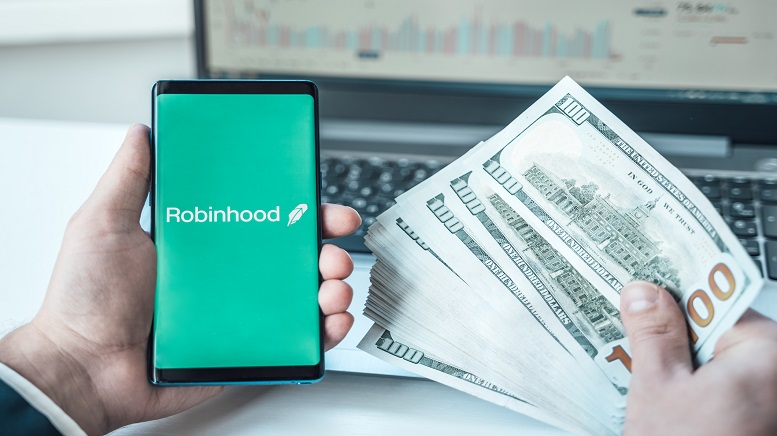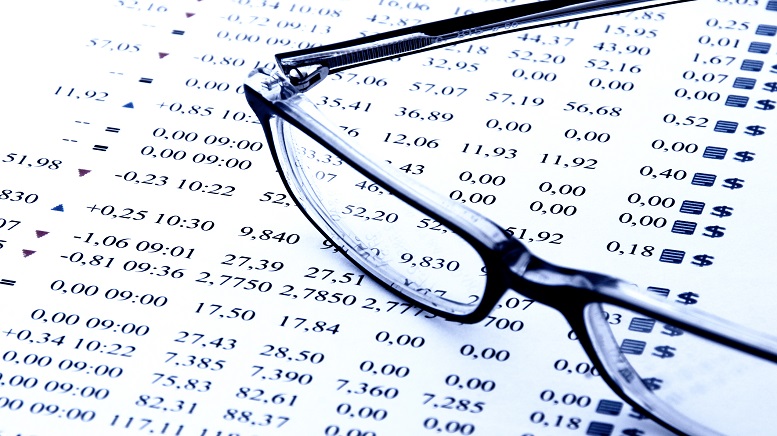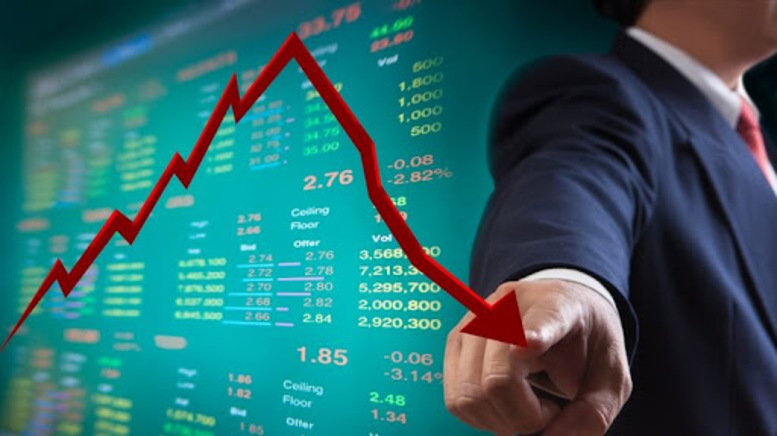Robinhood’s stock has dropped more than 80% since its initial public offering(IPO) in late July, bringing its market valuation down to $5.99 billion. At the conclusion of the first quarter, the company had $6.19 billion in cash and cash equivalents. Despite this, Robinhood Markets Inc.’s stock hit a new low on Wednesday, giving the troubled brokerage a market value that’s less than its cash on hand.
Atlantic Equities analyst John Heagerty wrote in a note to clients, “With customers returning to pre-pandemic behavioral trends and a potential recession ahead, user engagement seems likely to decline further.” Heagerty further stressed that “Plummeting crypto valuations will have a direct impact on both volumes and order value.”
After Robinhood revealed negative metrics for May, at least two Wall Street analysts lowered their price expectations on the stock this week, reflecting a more significant slowdown in trading and instability in cryptocurrency markets, as monthly active users fell 39 percent from a year ago. In addition, the company is currently selling at around 85% of its book value, down more than 500% at the end of September. Similarly, Heagerty defined Robinhood as a sell and lowered his price target to $5 a share. This news came just a day after JPMorgan Chase & Co.’s Ken Worthington cut his target to $7 from $11 a share. The stock hit a new low of $6.87 earlier.
During the rout, Robinhood’s founders, Vlad Tenev (CEO) and Baiju Bhatt (CCO), have both slipped from the ranks of the world’s billionaires. Robinhood’s fall has also harmed crypto billionaire Sam Bankman-Fried, who recently purchased 7.6% of Robinhood’s outstanding shares. His stake is now worth around $400 million, down from $600 million when the investment was first announced in May.
SEC Chair Gary Gensler said earlier this month that he had urged staff to examine overhauling US equity markets, which may jeopardize a major source of revenue for Robinhood. Equity order flow payments, which could be jeopardized if the SEC implements big reforms, accounted for around 12% of the company’s revenue in the first quarter. Last year’s meme-stock fever, when thousands of individual investors banded together on Reddit to bid up shares of GameStop Corp. and other stocks, made Robinhood into a central figure. As a result of the incident, Robinhood was compelled to ban certain trades and raise money to protect against future volatility. Executives have emphasized the company’s healthy cash position and credit lines, but investors remain wary.
The company is predicted to lose $314 million in the second quarter and more than $1.25 billion for the entire year. In summary, more losses are expected, according to Wall Street, eroding Robinhood’s cash reserves.
Featured Image: Megapixl © Malirvik









